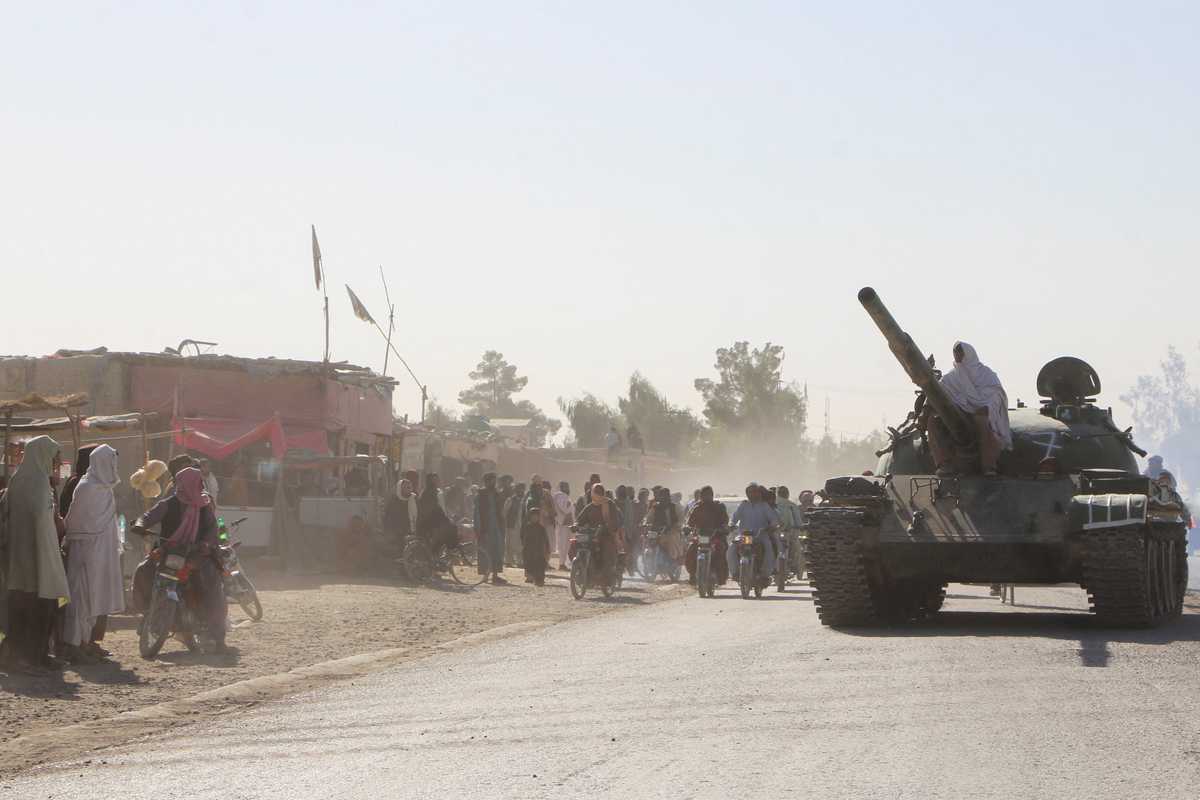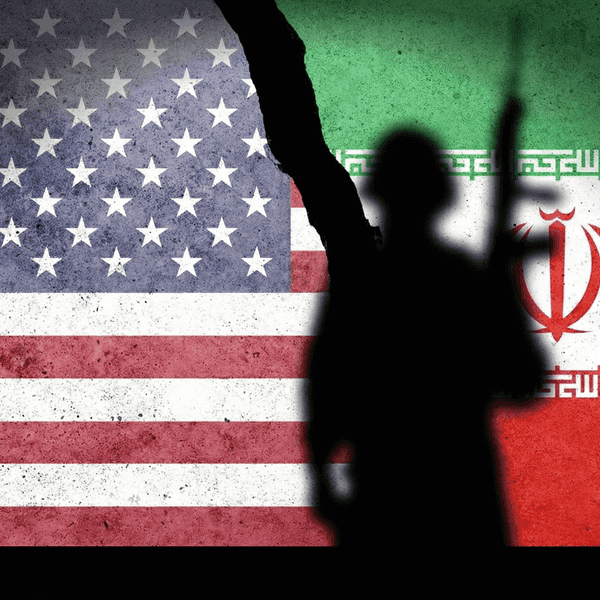Pakistan, Afghanistan extend ceasefire as Doha talks seek to ease border tensions
Former foreign secretary Johar Saleem expresses ‘cautious optimism,’ citing Kabul’s record of broken promises

Asma Kundi
Producer, Islamabad
Asma Kundi is a multimedia broadcast journalist with an experience of almost 15 years. Served national and international media industry as reporter, producer and news editor.

Aamir Abbasi
Editor, Islamabad
Aamir; a journalist with 15 years of experience, working in Newspaper, TV and Digital Media. Worked in Field, covered Big Legal Constitutional and Political Events in Pakistan since 2009 with Pakistan’s Top Media Organizations. Graduate of Quaid I Azam University Islamabad.

Pakistan and Afghanistan have agreed to extend their 48-hour ceasefire until the conclusion of ongoing talks in Doha, Reuters reported on Friday, citing three Pakistani security officials and one Afghan Taliban source.
According to the report, a Pakistani delegation has already arrived in the Qatari capital, while an Afghan delegation is expected on Saturday. However, Pakistani security sources rejected the report, saying the delegation will leave for Doha on Sunday morning.
The sources, who requested anonymity as they were not authorized to speak publicly, said both sides were committed to avoiding further escalation during the talks.
Afghan Taliban spokesperson Zabihullah Mujahid confirmed to Ariana News that Kabul had instructed its forces to uphold the ceasefire “as long as Pakistan refrains from any attack.”
The Doha negotiations — facilitated by friendly nations including Qatar and Saudi Arabia — come after weeks of heightened border tensions and deadly clashes earlier this month. While neither side has disclosed the full agenda, officials familiar with the discussions said the focus is on extending the truce and addressing Pakistan’s long-standing security concerns regarding the Tehreek-e-Taliban Pakistan (TTP).
Foreign Office confirms dialogue
Foreign Office Spokesperson Shafqat Ali Khan said on Friday that Pakistan and Afghanistan are “engaged in direct talks to de-escalate border tensions,” adding that friendly nations are quietly working behind the scenes to help reduce friction.
He accused India of attempting to destabilize the region by supporting terrorist elements operating from Afghan territory, while reaffirming that dialogue remains the only viable path to peace. “Pakistan will take all necessary measures to safeguard the lives and property of its citizens and protect national security,” he said at the weekly media briefing.
Khan clarified that diplomatic relations with Kabul remain intact, rejecting reports of any downgrading of ties.
“There is absolutely no truth to such claims. Pakistan continues to maintain full diplomatic engagement with Afghanistan,” he stated. He also confirmed that the current 48-hour ceasefire was initiated at the Taliban’s request, reiterating Islamabad’s commitment to regional stability.
From airstrikes to ceasefire
Hostilities between the two neighbors escalated in early October 2025, when Pakistan allegedly conducted airstrikes on TTP hideouts in Afghanistan’s Khost and Paktika provinces.
Kabul condemned the strikes as a breach of sovereignty, prompting days of intense cross-border fire. Pakistan reported 23 soldiers killed, while Afghan authorities claimed more than 15 civilians and militants lost their lives, with hundreds injured on both sides.
The violence led to the closure of major border crossings, worsening Afghanistan’s already fragile economy, which depends heavily on trade with Pakistan.
A 48-hour ceasefire, beginning on October 15, was arranged through mediation efforts reportedly involving Qatar and Saudi Arabia. Pakistani Prime Minister Shehbaz Sharif expressed readiness for dialogue but urged Kabul to act decisively against TTP elements. Afghan Defense Minister Mawlawi Mohammad Yaqoob Mujahid, meanwhile, affirmed Kabul’s commitment to the truce while demanding respect for Afghan sovereignty.
Qatar’s quiet mediation role
Qatar continues to play a pivotal role in facilitating dialogue between the two sides. Known for its history of Afghan mediation — from hosting the Taliban’s political office in 2013 to brokering U.S.-Taliban talks in 2020–2021 — Doha remains a key venue for crisis diplomacy in the region.
Following the Taliban’s return to power in 2021, Qatar has maintained its engagement with both Islamabad and Kabul, coordinating humanitarian efforts and offering its good offices in times of tension.
‘Cautious optimism’ over talks
Former foreign secretary Johar Saleem told Nukta that the Doha talks could be “very useful” if both sides manage to reach a workable understanding before the truce expires.
“If they can stabilize the border situation and curb cross-border terrorism, that would be a significant achievement,” he said. However, he urged restraint in expectations. “Given experience with Kabul’s commitments, high hopes may not be advisable — but cautious optimism is warranted.”
Saleem praised Qatar’s mediation record, saying its “good offices can facilitate progress, but ultimately Pakistan and Afghanistan must take ownership of the process.”
*With additional input from Reuters







Comments
See what people are discussing